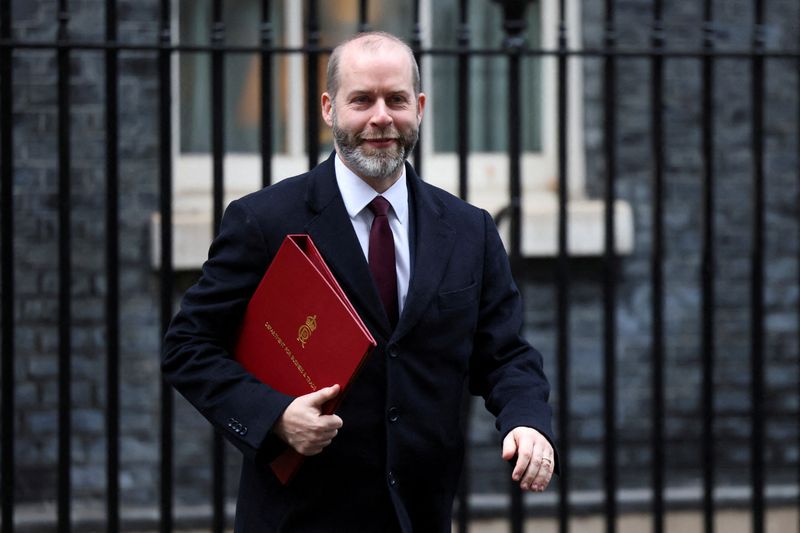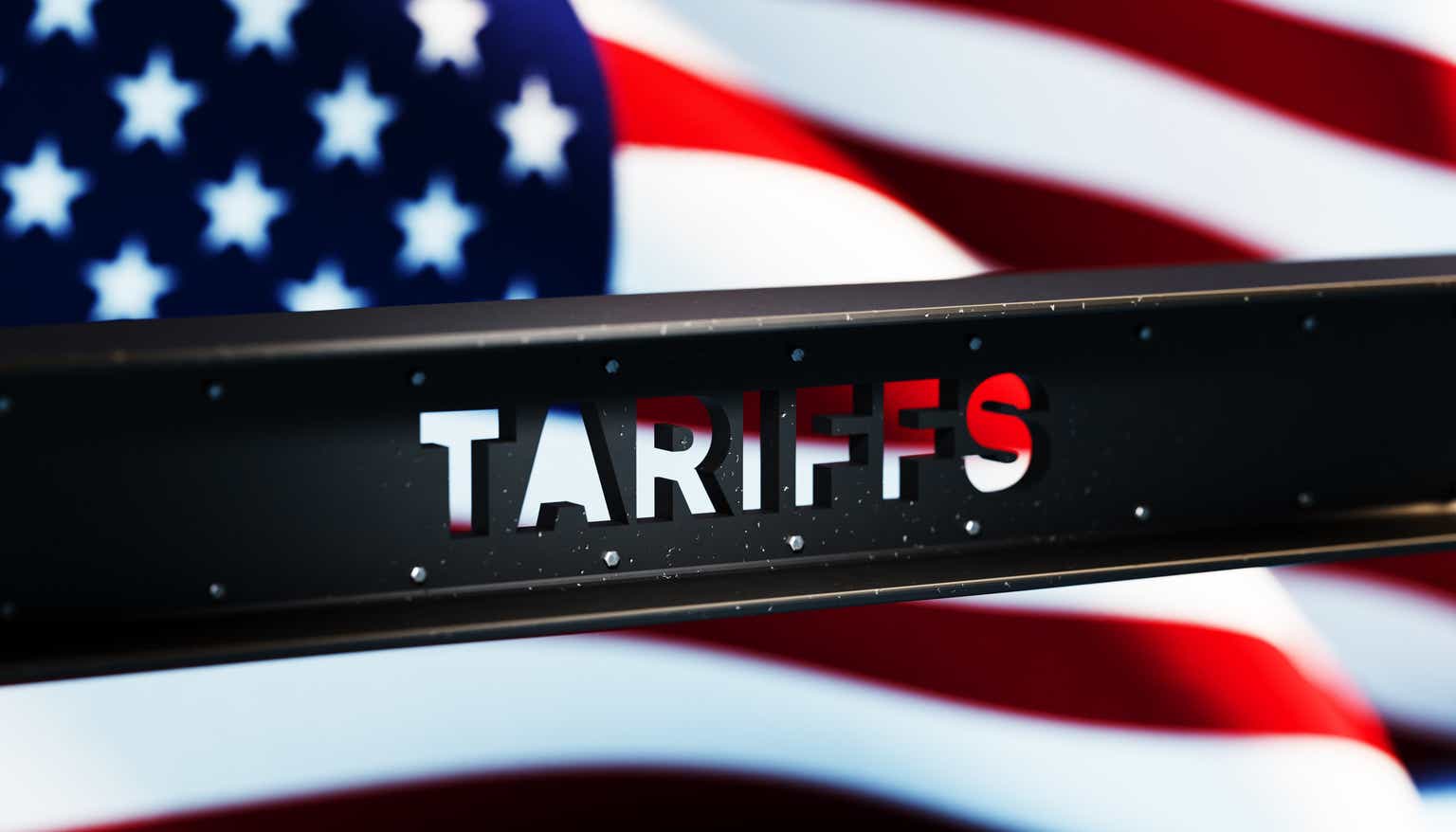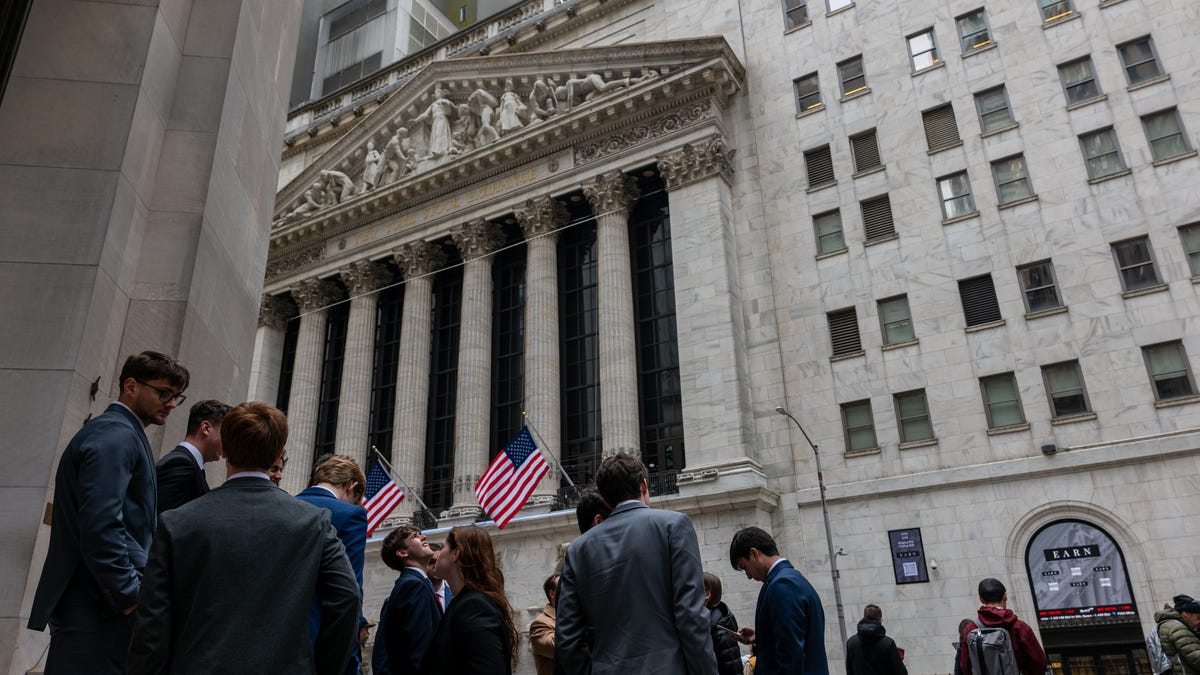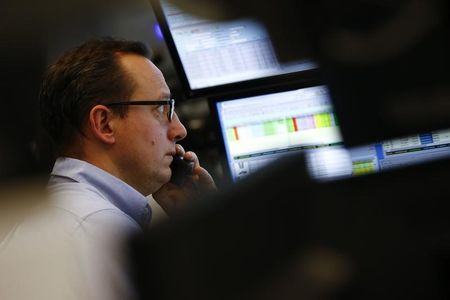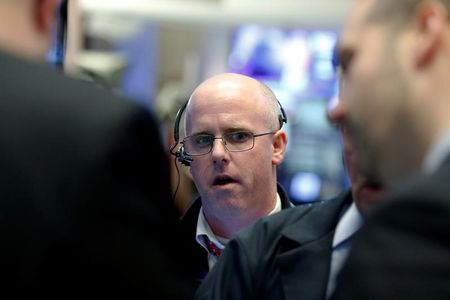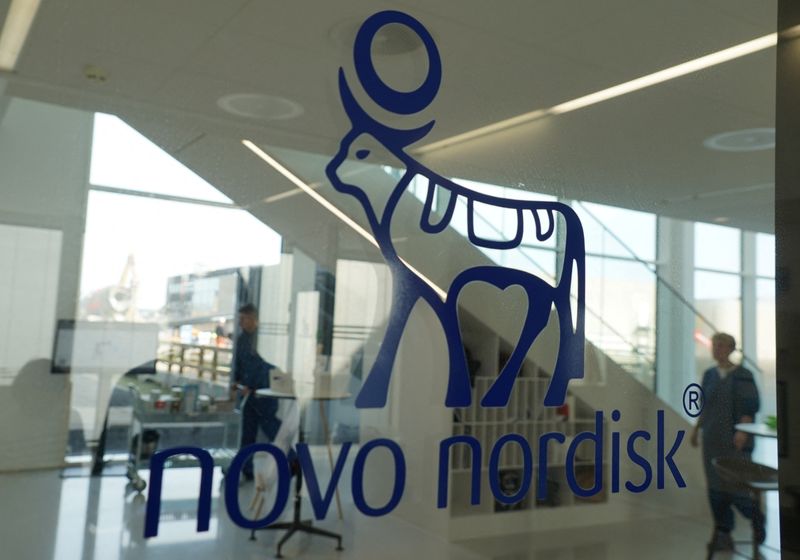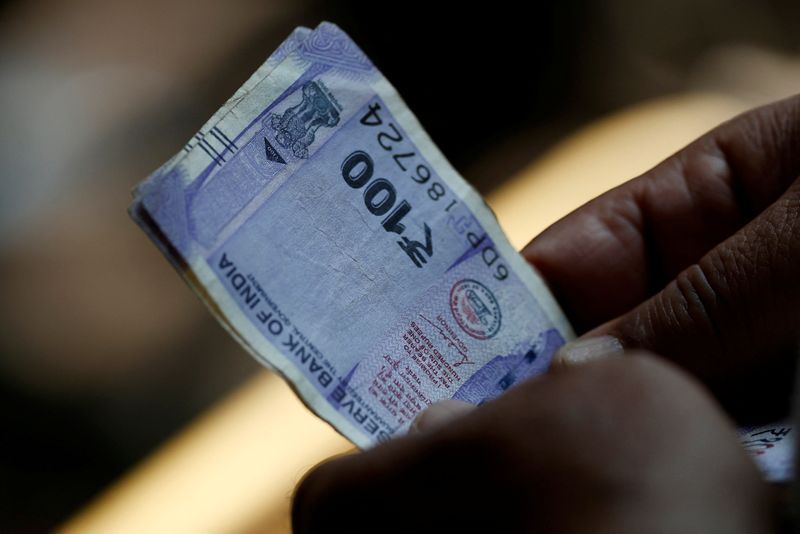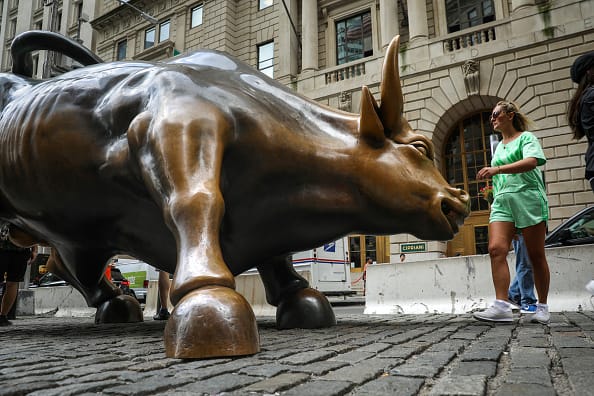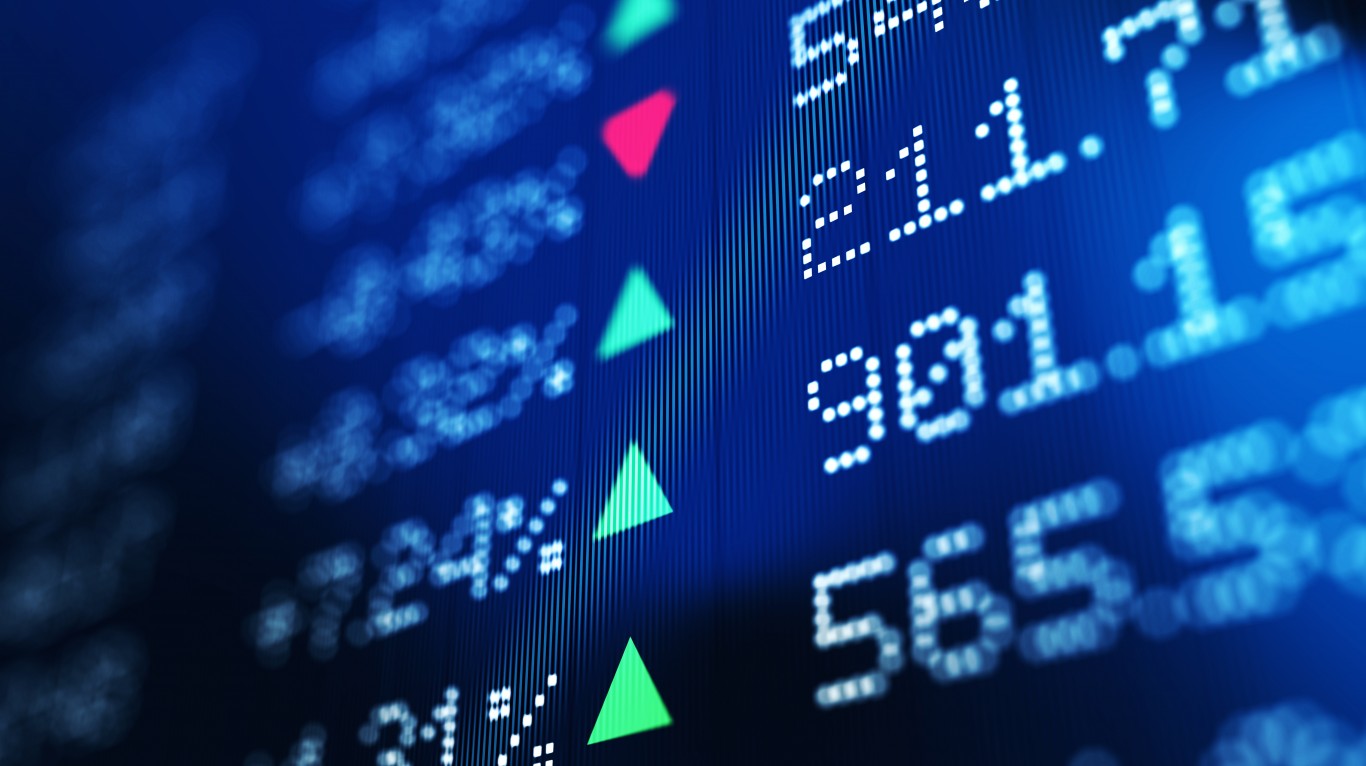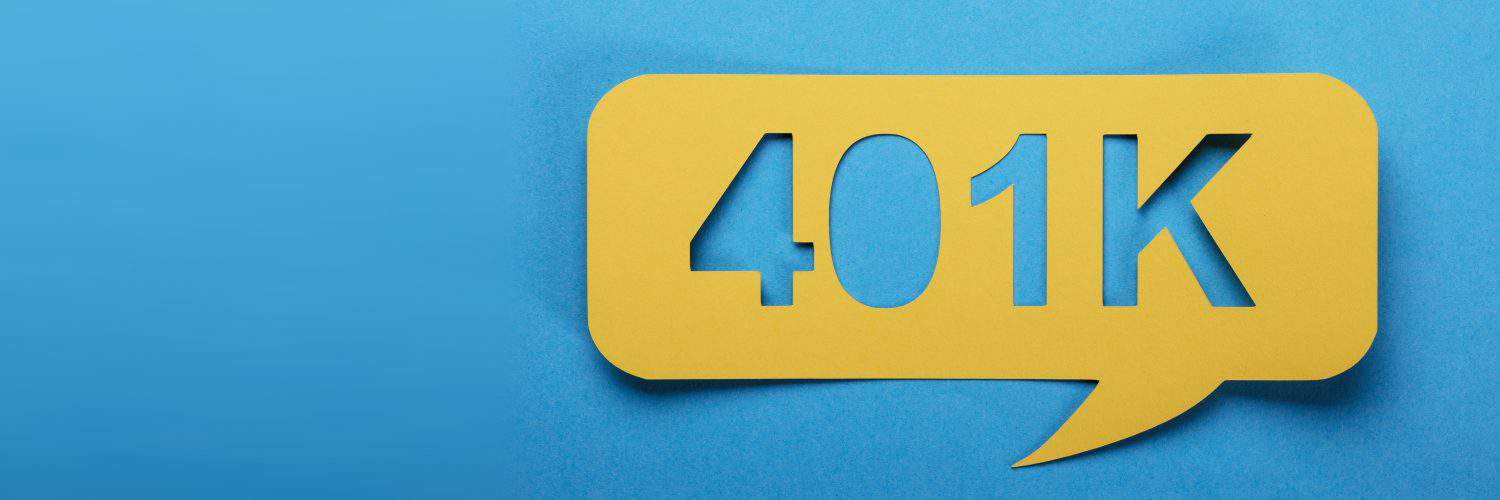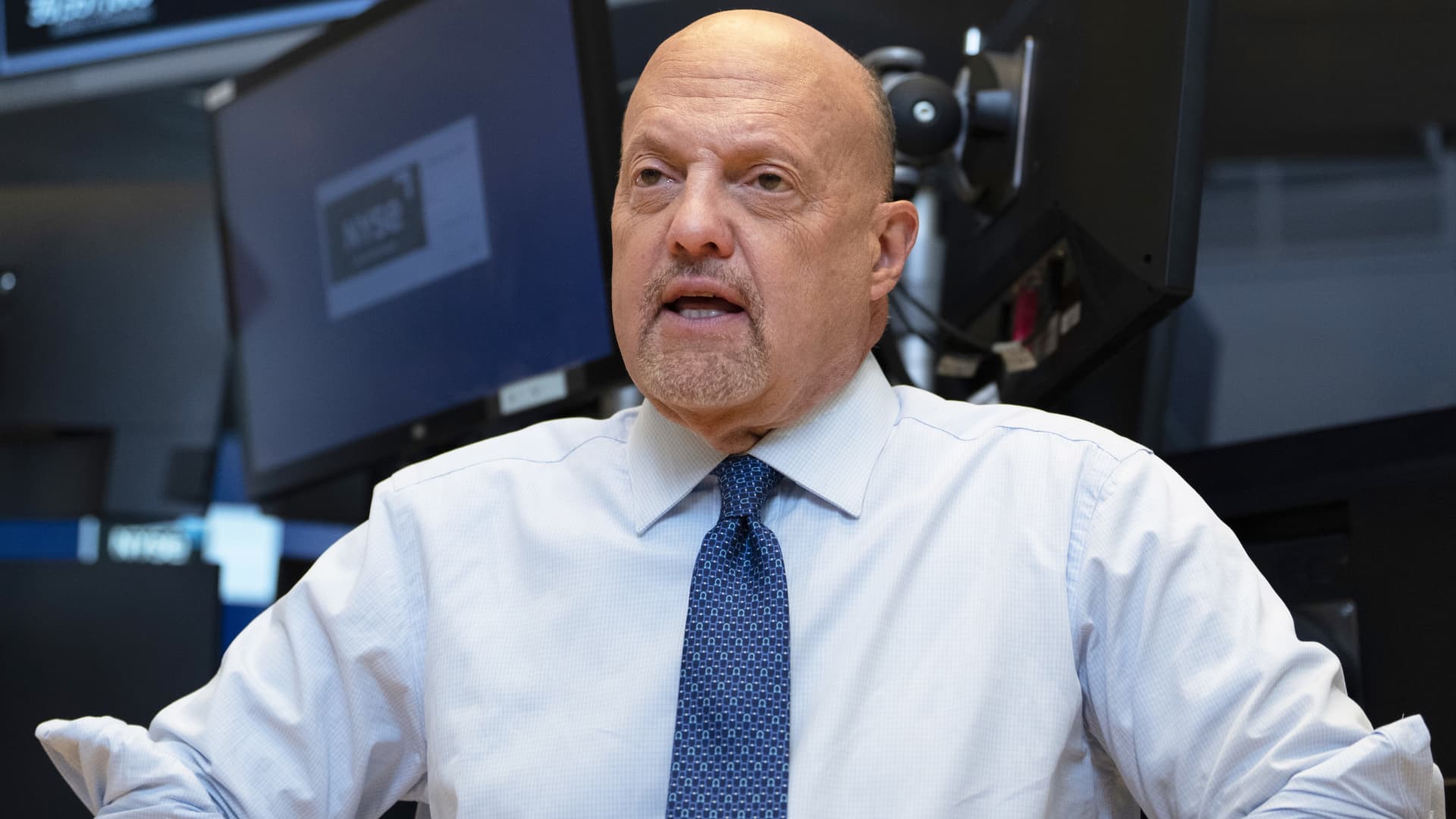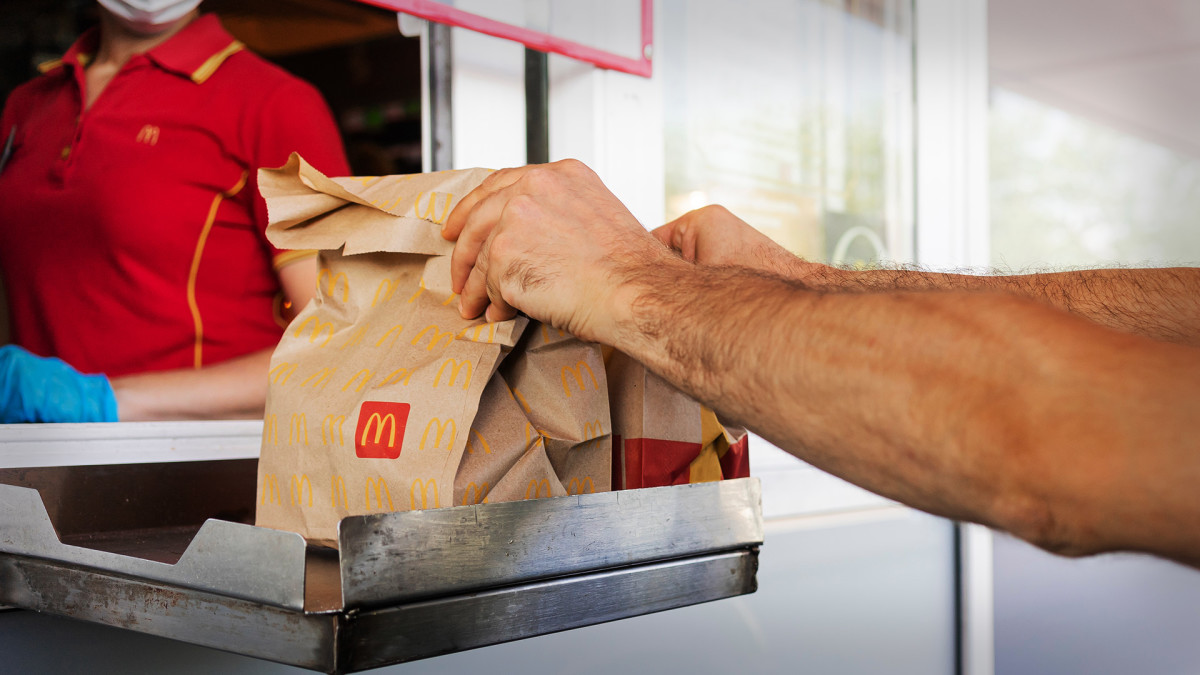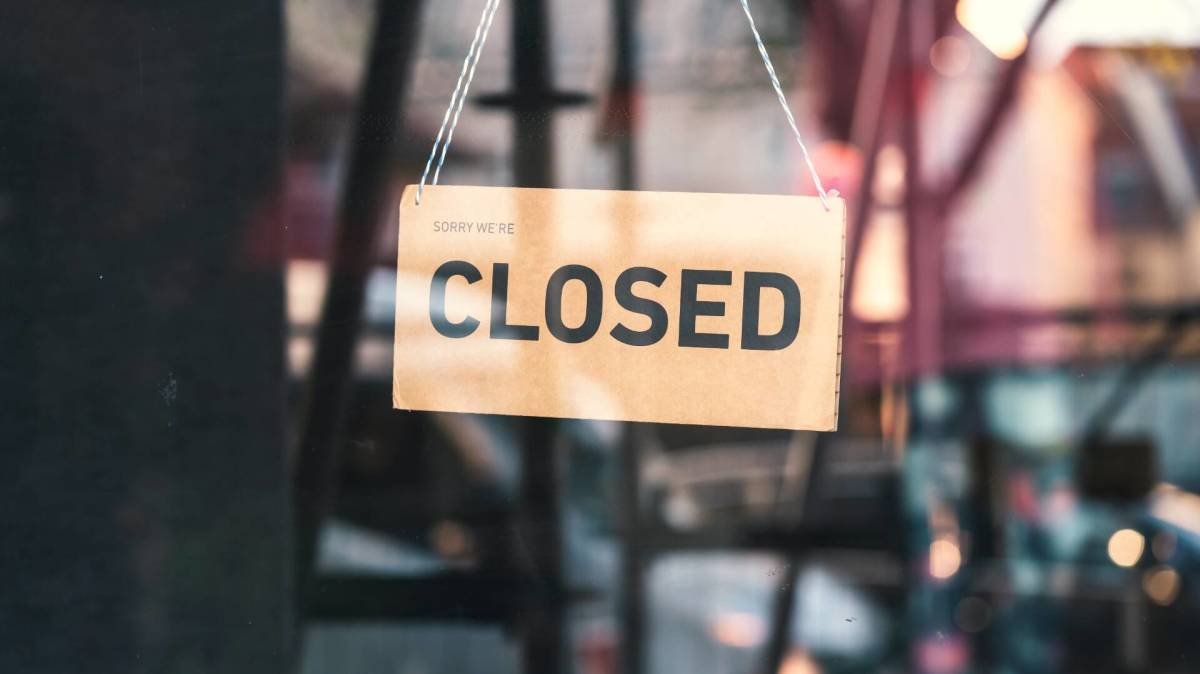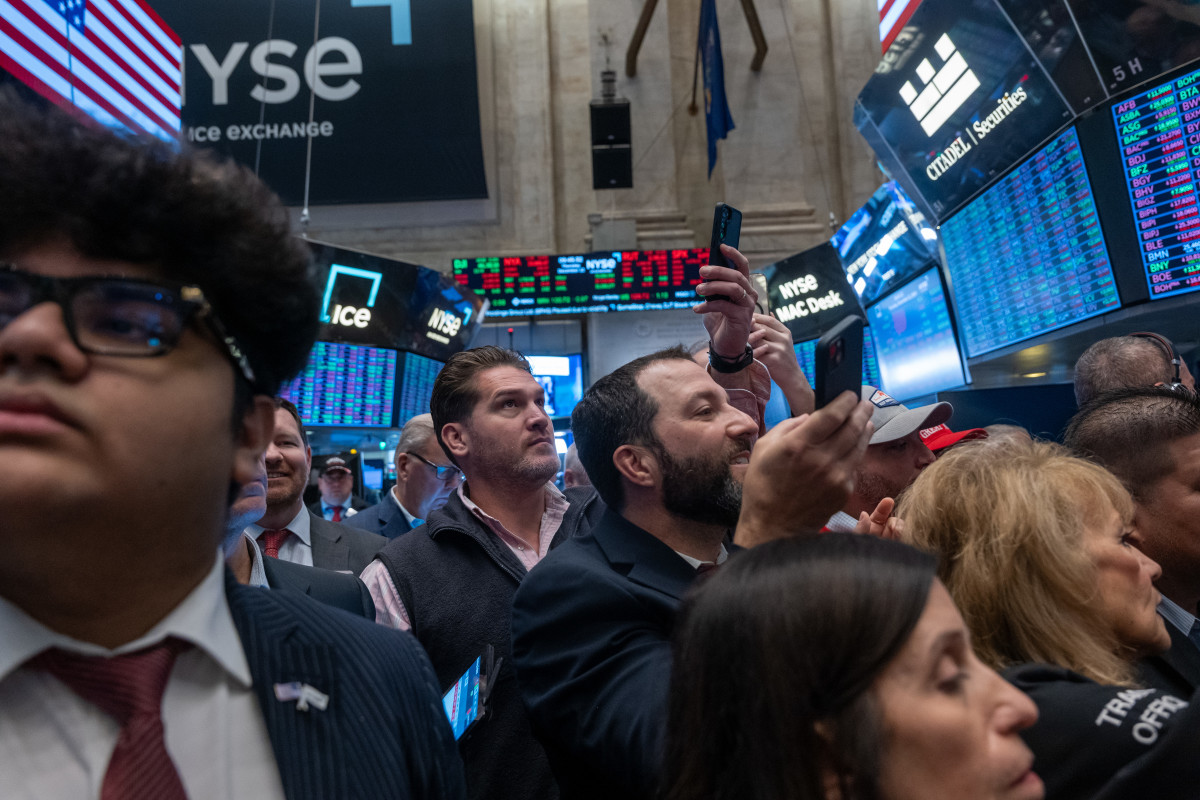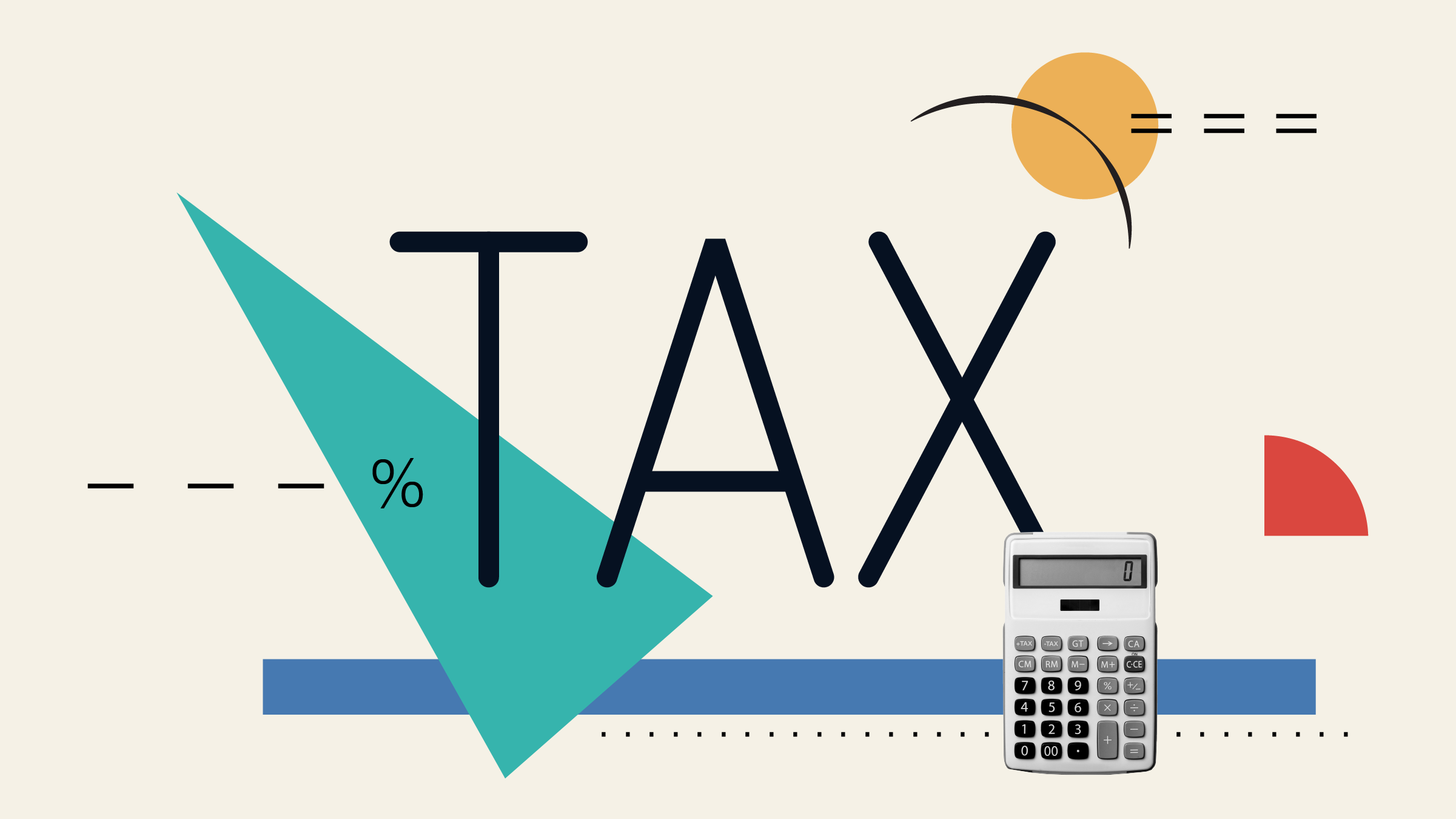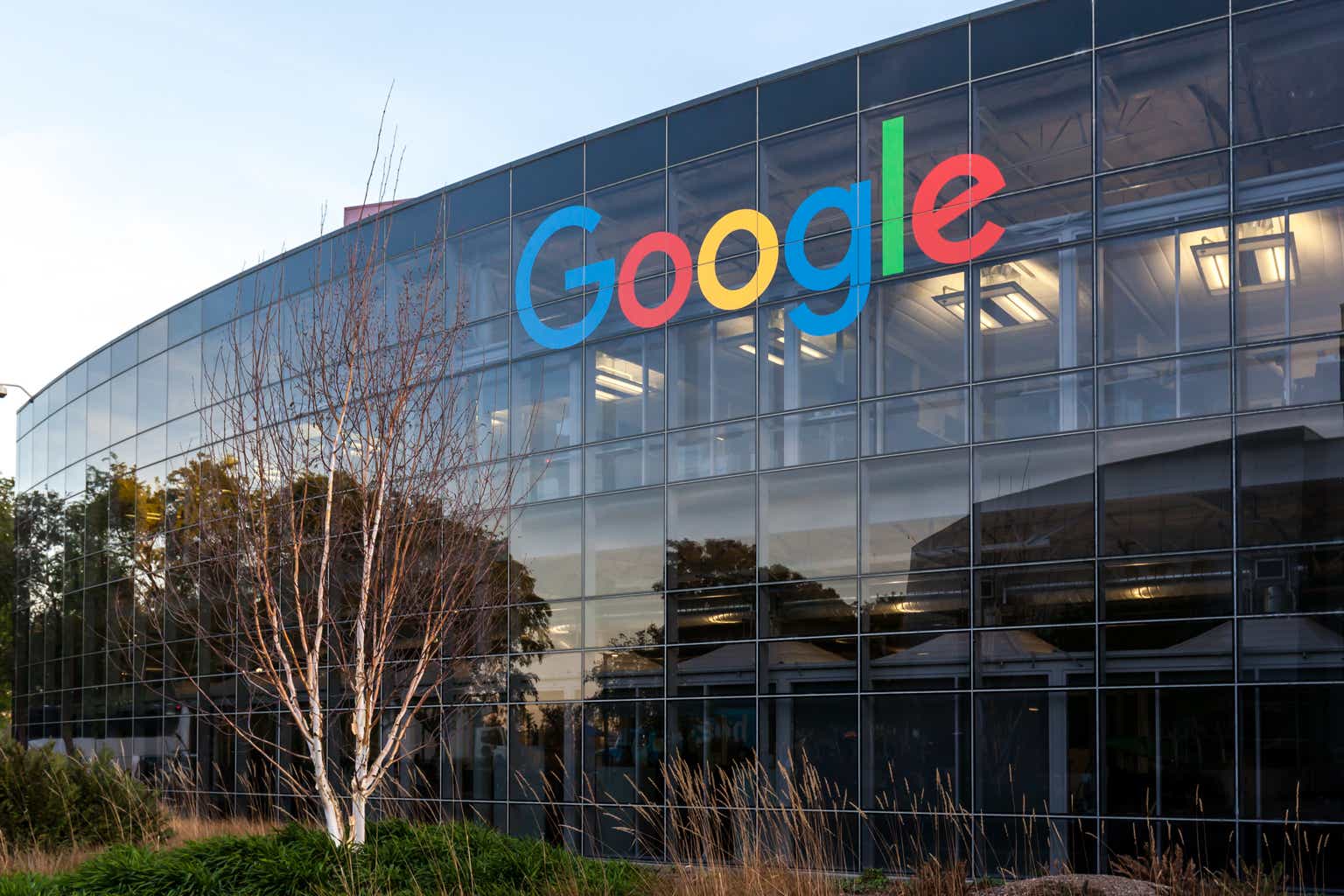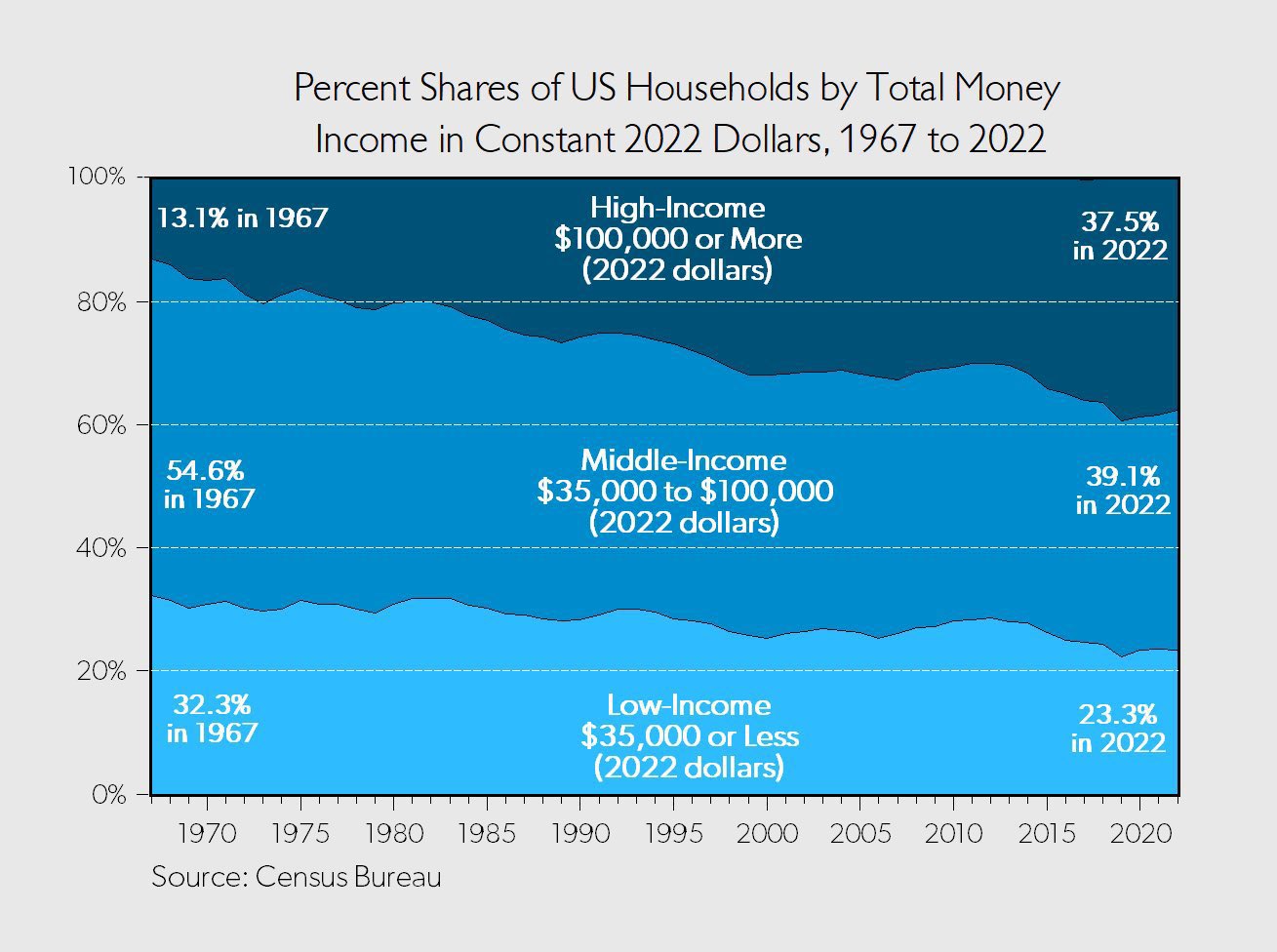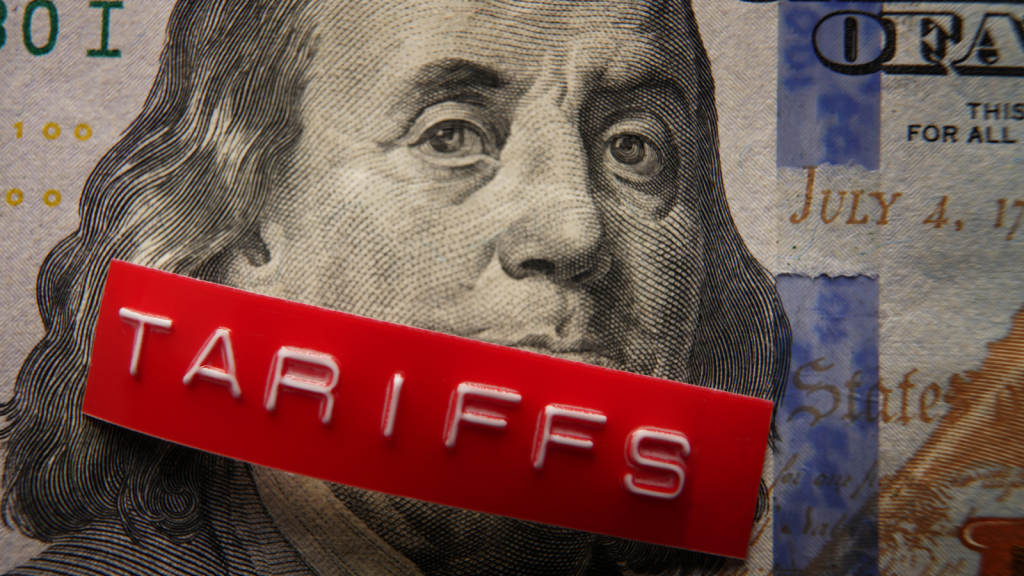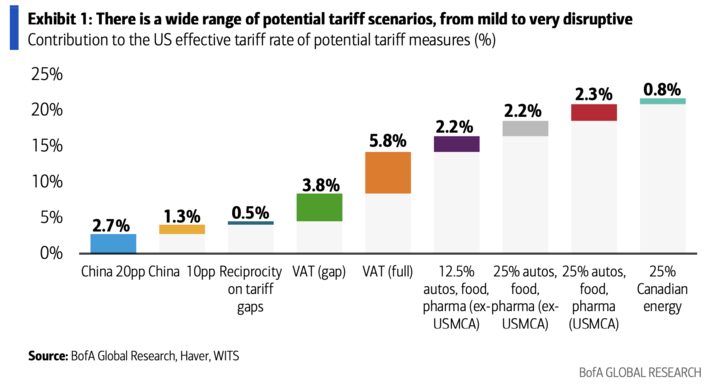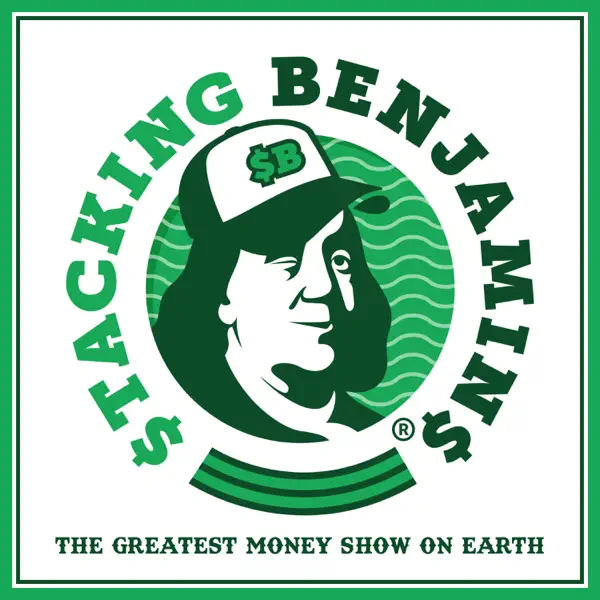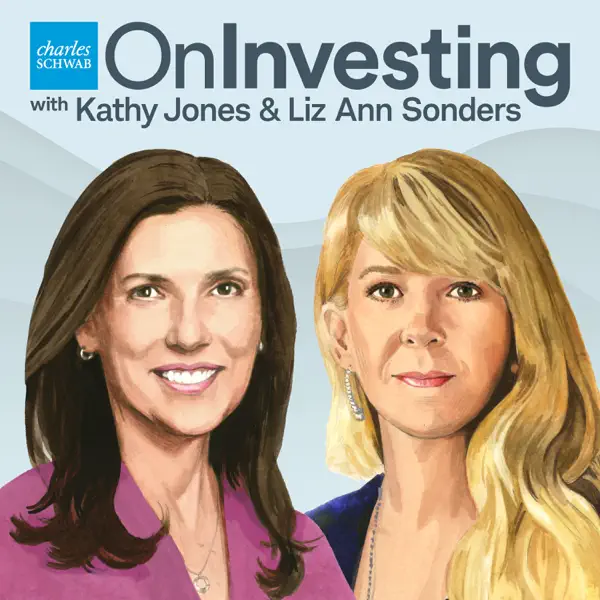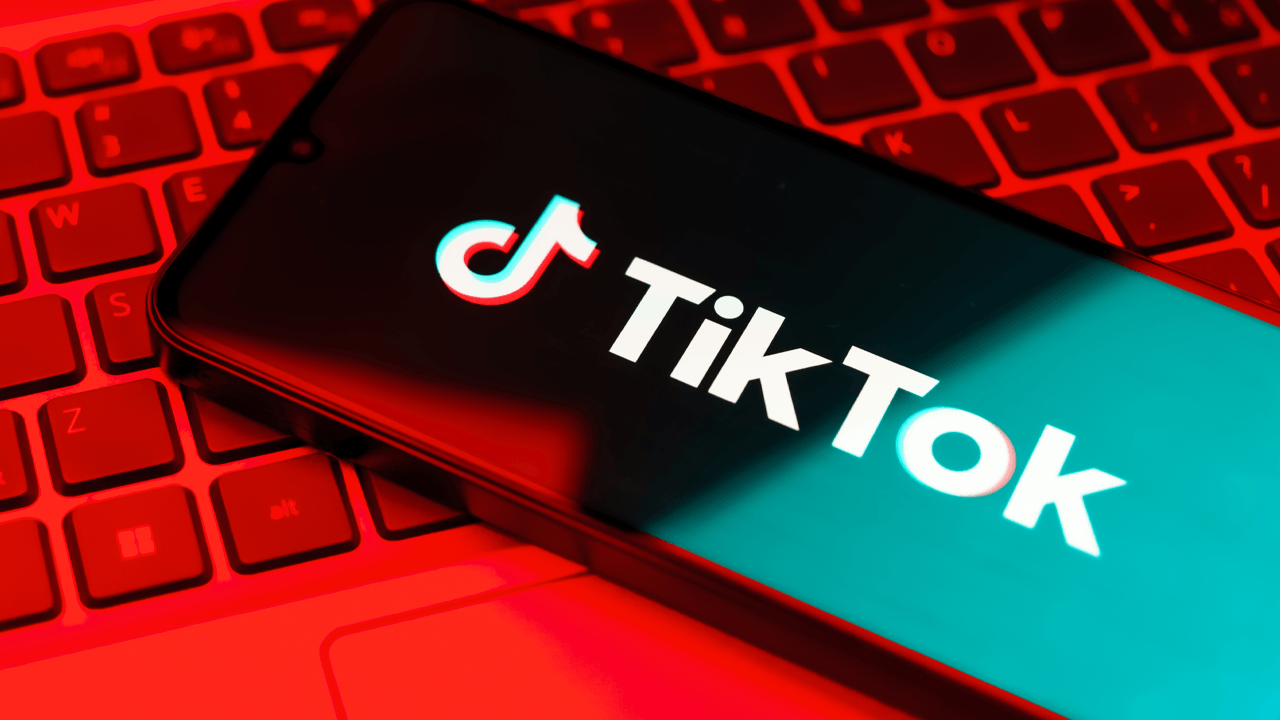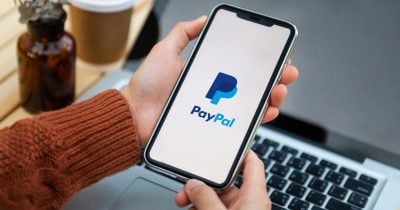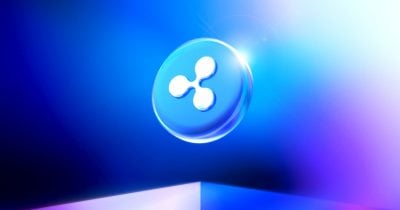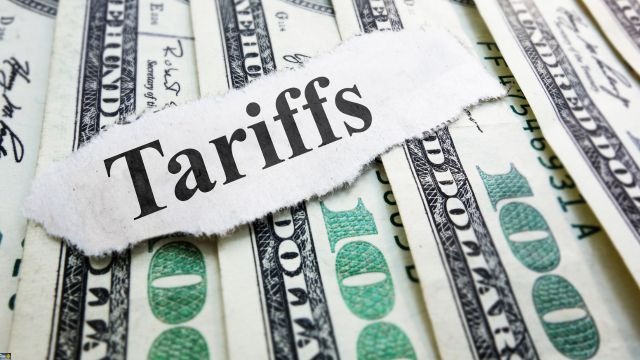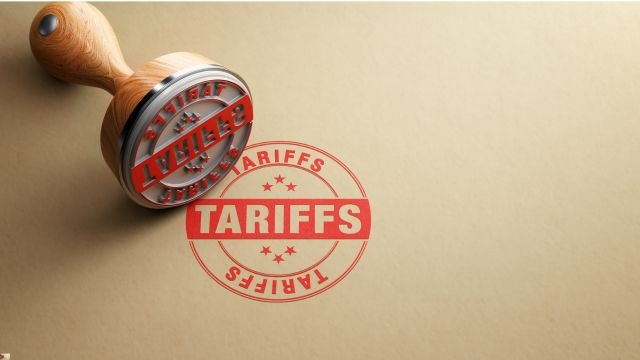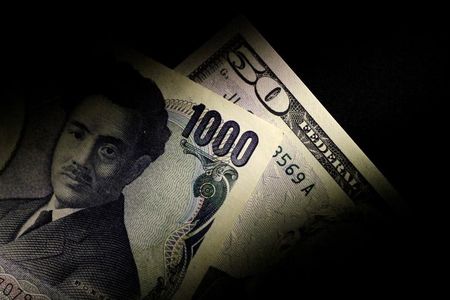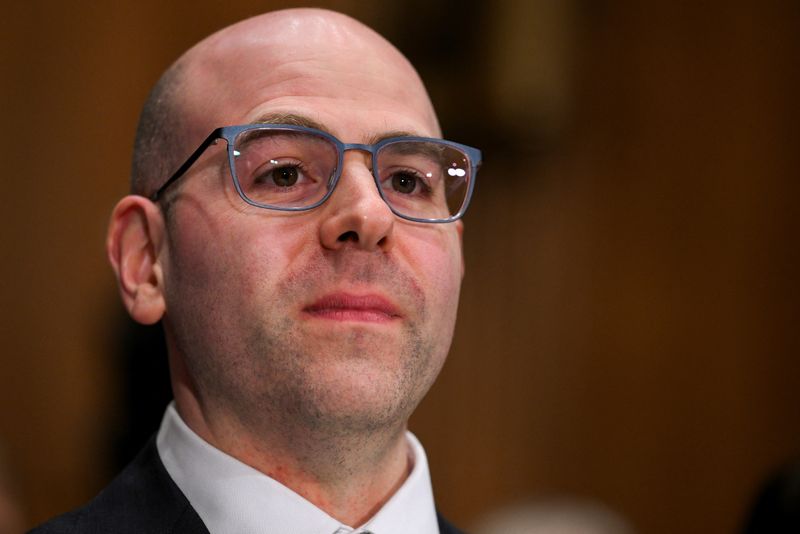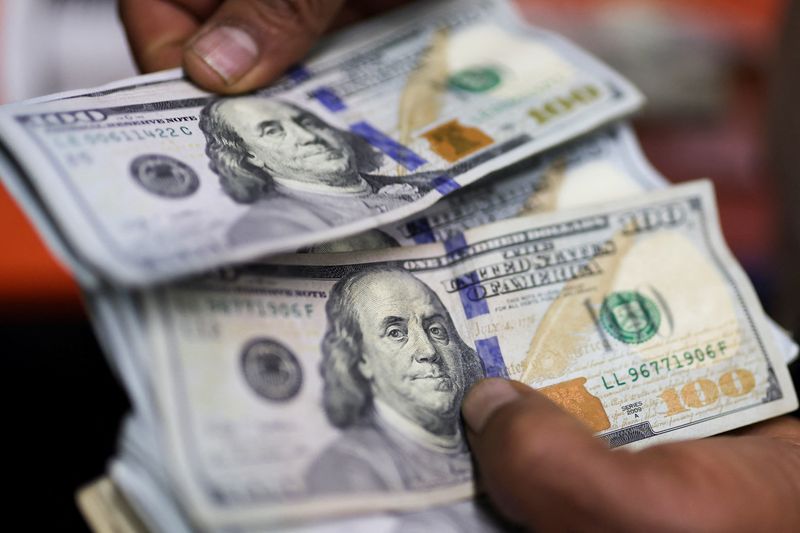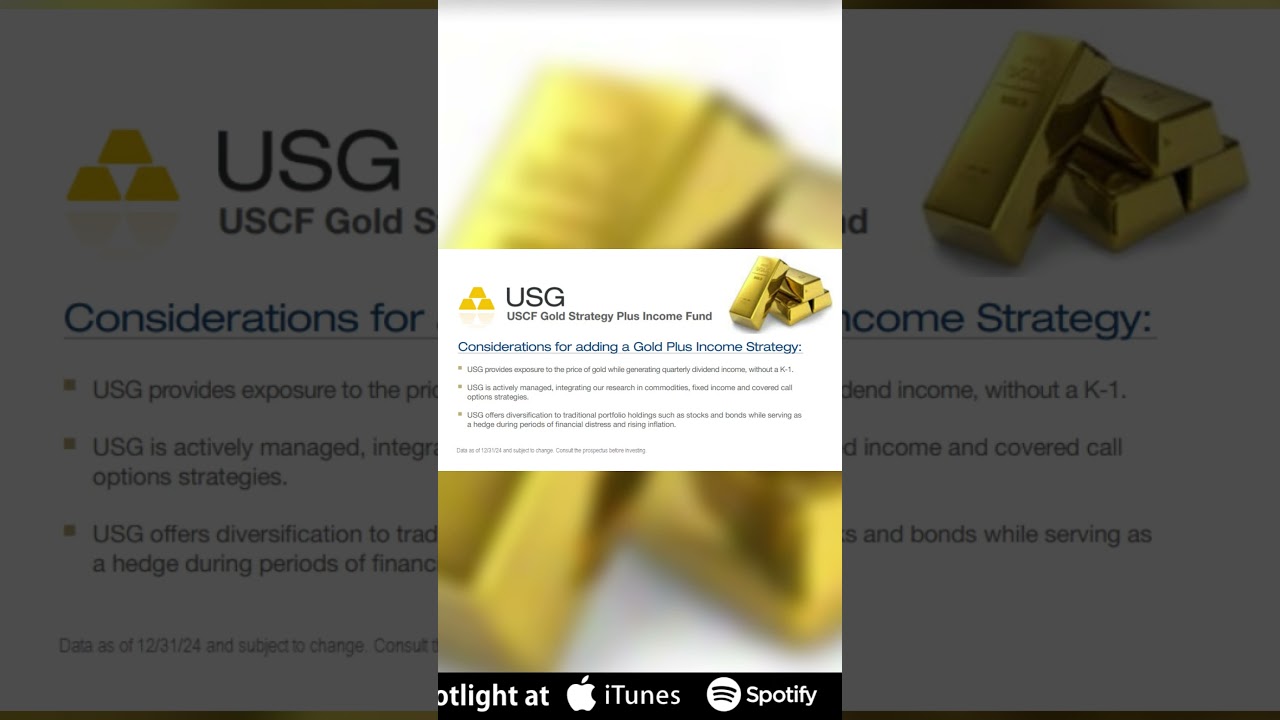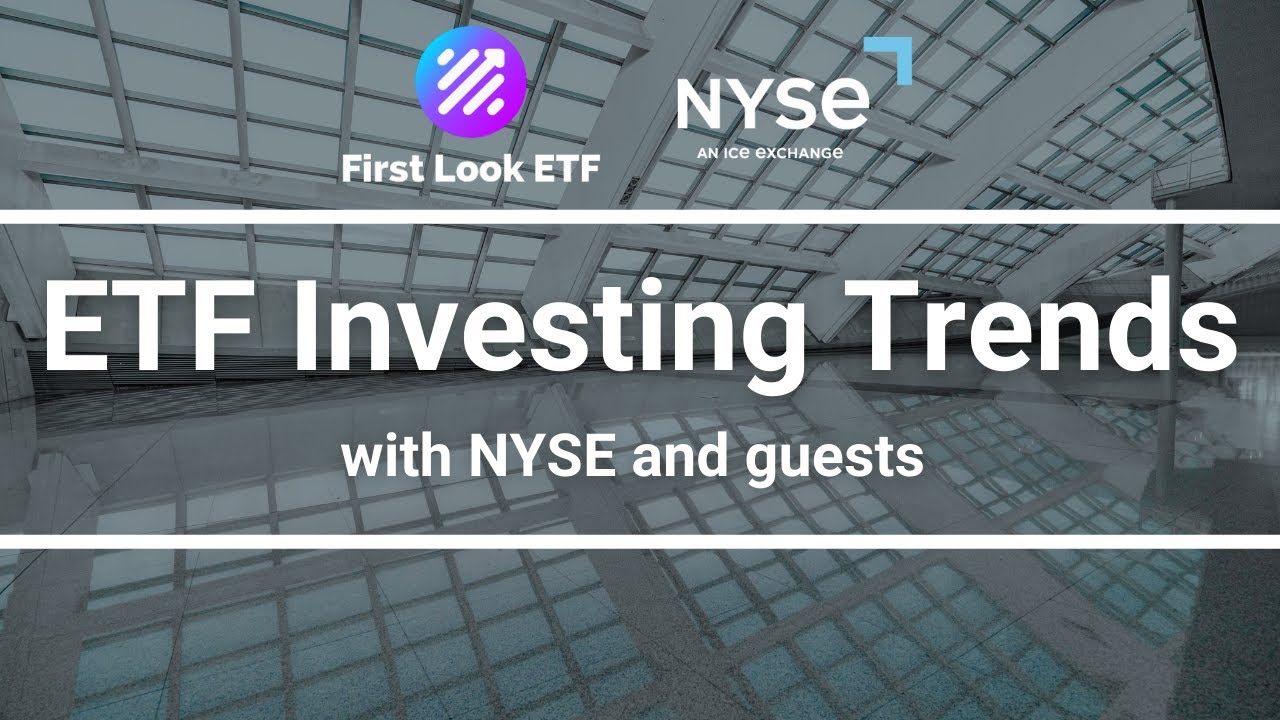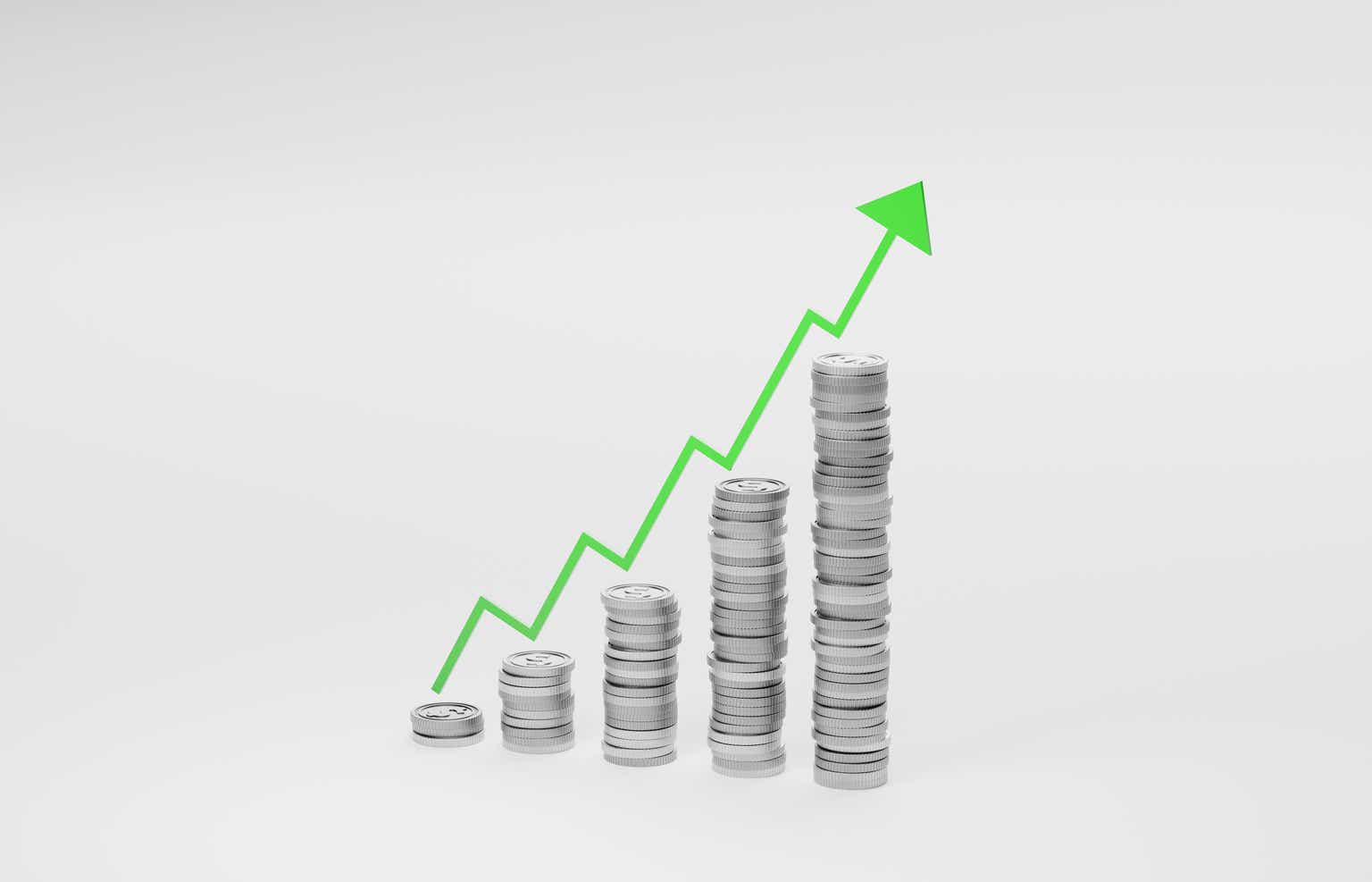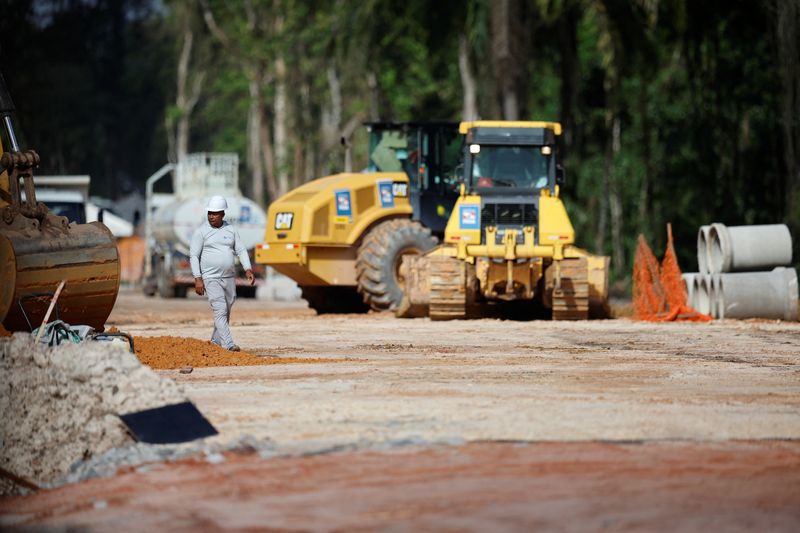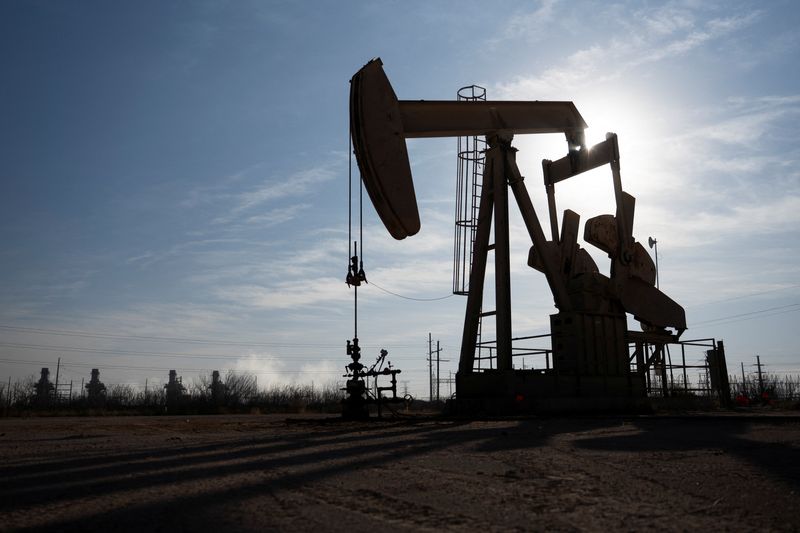Is Bristol Myers Squibb's High-Yielding Dividend Safe?
High-yielding dividend stocks can be great investments to hold on to in your portfolio, but only if they're safe. Betting on a high yield can be dangerous because if it ends up getting cut, you could lose all or most of the dividend income, and the stock may crash in the process as dividend investors could look elsewhere for a high payout. That's why it's always important to assess the safety of a dividend before relying on it, especially when that yield is well above average.Healthcare giant Bristol Myers Squibb (NYSE: BMY) provides investors with a fairly high yield today -- 4.1%. By comparison, the average stock on the S&P 500 yields just 1.3%. Given the challenges ahead for Bristol Myers, with the business facing multiple patent cliffs and potentially slowing growth while also carrying significant debt on its books, this is a great example of where investors may want to take a closer look at the safety of the company's dividend before buying the stock.A potential red flag for investors is the $8.9 billion loss the healthcare company reported in 2024. However, earnings numbers can easily be skewed by one-time charges and non-recurring numbers. In Bristol Myers' case, the company incurred $13.4 billion in acquired in-process research and development costs, which relates to its acquisition of Karuna and a collaboration with SystImmune. Without that significant expense, the company would have been in the black.Continue reading

High-yielding dividend stocks can be great investments to hold on to in your portfolio, but only if they're safe. Betting on a high yield can be dangerous because if it ends up getting cut, you could lose all or most of the dividend income, and the stock may crash in the process as dividend investors could look elsewhere for a high payout. That's why it's always important to assess the safety of a dividend before relying on it, especially when that yield is well above average.
Healthcare giant Bristol Myers Squibb (NYSE: BMY) provides investors with a fairly high yield today -- 4.1%. By comparison, the average stock on the S&P 500 yields just 1.3%. Given the challenges ahead for Bristol Myers, with the business facing multiple patent cliffs and potentially slowing growth while also carrying significant debt on its books, this is a great example of where investors may want to take a closer look at the safety of the company's dividend before buying the stock.
A potential red flag for investors is the $8.9 billion loss the healthcare company reported in 2024. However, earnings numbers can easily be skewed by one-time charges and non-recurring numbers. In Bristol Myers' case, the company incurred $13.4 billion in acquired in-process research and development costs, which relates to its acquisition of Karuna and a collaboration with SystImmune. Without that significant expense, the company would have been in the black.





